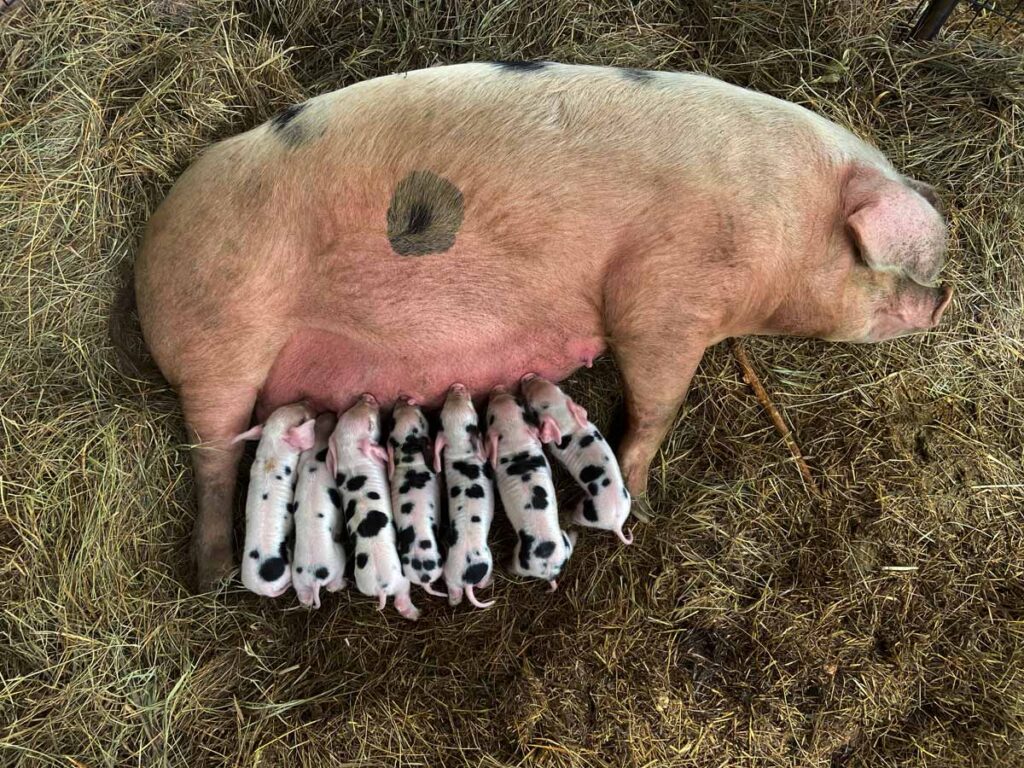Over 100,000 individuals remain on the waiting list for an organ transplants, and tragically, about 17 individuals perish daily due to the unavailability of suitable organs. In response to this critical shortage, scientists are diligently researching the feasibility of utilizing genetically modified pigs to address this pressing medical need.
Nestled discreetly near Blacksburg, Virginia, lies a secret farm comprising 22 meticulously maintained buildings housing roughly 300 pigs. These pigs serve as subjects for extensive research aimed at exploring their potential in human organ transplantation. Referred to as a "barrier facility," these buildings must maintain absolute sterility to shield the pigs from any potential pathogens. The journalist working on the article emphasized the rigorous sterilization process implemented before entering the pig-containing premises.
The process of genetically modifying these pigs involved sophisticated technology to edit the DNA in their skin cells. Following editing, similar techniques that were used on Dolly the Sheep are utilized to generate cloned pig embryos. A tiny pipette is employed to penetrate the egg and extract DNA, removing the majority of genes. Subsequently, edited cells are fused with emptied eggs using electrical stimulation, initiating cell division and resulting in the formation of new embryos. These embryos are then surgically implanted into female pigs, and within a span of four months, cloned piglets are born. These piglets contain ten genetic modifications ensuring their suitability for organ transplantation and compatibility with recipients.
However, amidst the potential medical breakthroughs, ethical concerns arise. Many question the morality behind modifying, breeding, and ultimately slaughtering these animals for human benefit. L. Syd Johnson, cited in the article, denounces the process as an act of "hubris," likening it to the treatment of animals as mere machinery. I agree with this statement; the entire process is deeply disconcerting. While modern medicine continues to extend human lifespans, we must pause and reflect on the ethical boundaries we are willing to transgress. Though this procedure holds promise in saving lives and mitigating transplant wait times, it compels us to confront the profound moral implications of our technological advancements.

No comments:
Post a Comment